Within the framework of cooperation between the North Central Institute of Agricultural Science and Technology and the Korea International Agriculture Program in Vietnam (KOPIA Vietnam) under the Rural Development Administration of Korea (RDA), the project "Popularizing high-quality peanut varieties for arid regions and increasing the added value of peanuts in Vietnam" in the period of 2024 - 2029 is being vigorously implemented in the North Central provinces. One of the key activities of the project is to build models for producing high-quality peanut varieties, forming a sustainable value chain and increasing profits for peanut growers.
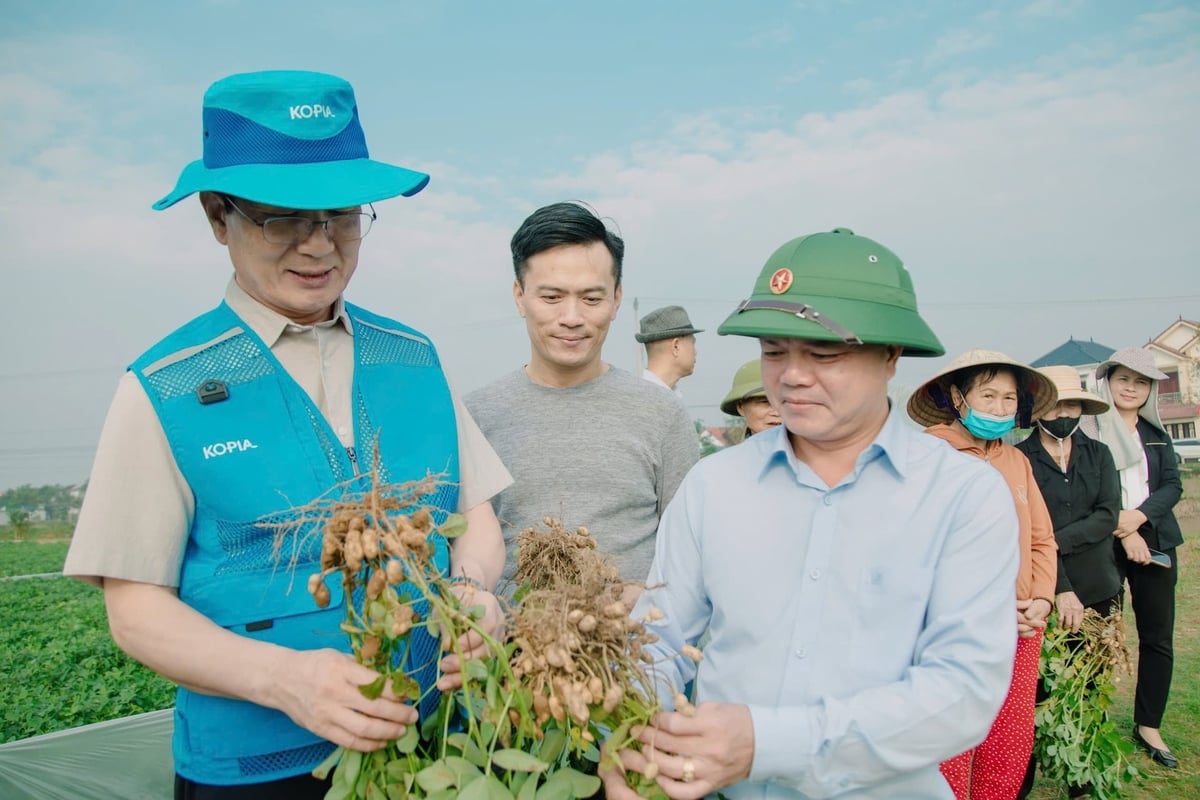
KOPIA Vietnam supports the popularization of high-quality peanut varieties in arid regions and increases the added value of peanuts in Vietnam. Photo: Ngoc Linh
In 2025, the North Central Institute of Agricultural Science and Technology will coordinate with Dien Hoa Agricultural Service Cooperative to deploy the model of "Producing certified peanut seeds for the autumn-winter crop" in Dien Chau commune, Nghe An province with a scale of 54 hectares. The model will put into production 3 high-quality peanut varieties including L20, L14 and TK10 with certification. These are all varieties produced by the North Central Institute of Agricultural Science and Technology in the spring crop of 2025, then provided to farmers for seed production in the autumn-winter crop. This process helps to form a synchronous and standardized seed production system, ensuring seed quality for peanut growing areas in the province.
Although this year's weather has been unfavorable, especially the prolonged heavy rains during the important growth stage of peanuts, thanks to the correct application of technical processes, the model has achieved positive results.
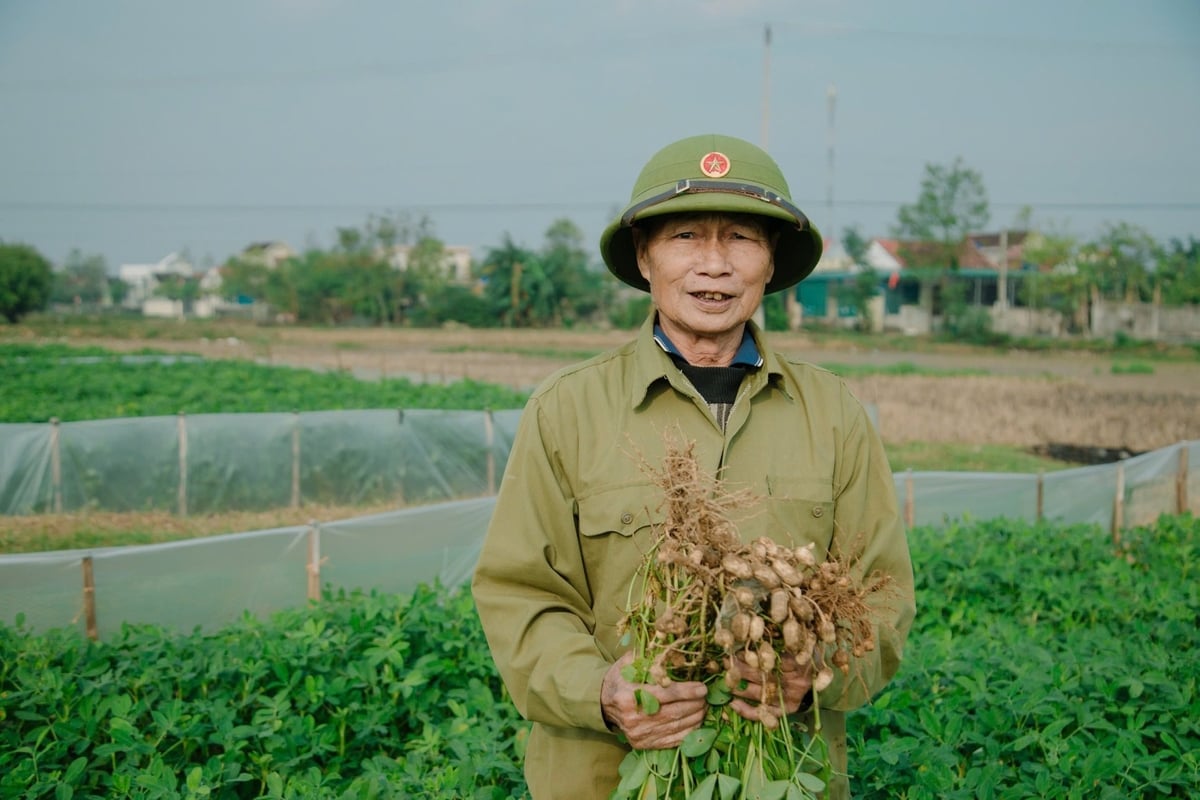
Mr. Tran Van Ho, a farmer in Trung Truong hamlet, Dien Chau commune, shares the effectiveness of the model of using new peanut varieties. Photo: Ngoc Linh.
Mr. Tran Van Ho, a farmer in Trung Truong hamlet, Dien Chau commune, shared that this year's weather is unpredictable, but people have fully followed the process from covering with plastic, applying balanced fertilizers to caring for and preventing pests. In addition, thanks to production on high land, peanuts grow well. The peanut yield in the model is over 2.5 tons/ha, much higher than mass production in the locality.
This result shows the effectiveness of high-quality peanut varieties as well as the synchronous production process that the project is implementing. In addition to improving productivity, the project also focuses on building a value chain for peanuts in the North Central region. Notably, the L20 peanut variety - one of the varieties produced in Nghe An - has been linked to a Korean peanut butter processing enterprise for consumption. Peanut butter products made from the L20 variety are of high quality, well-received by consumers and have been partly exported to the Korean market.
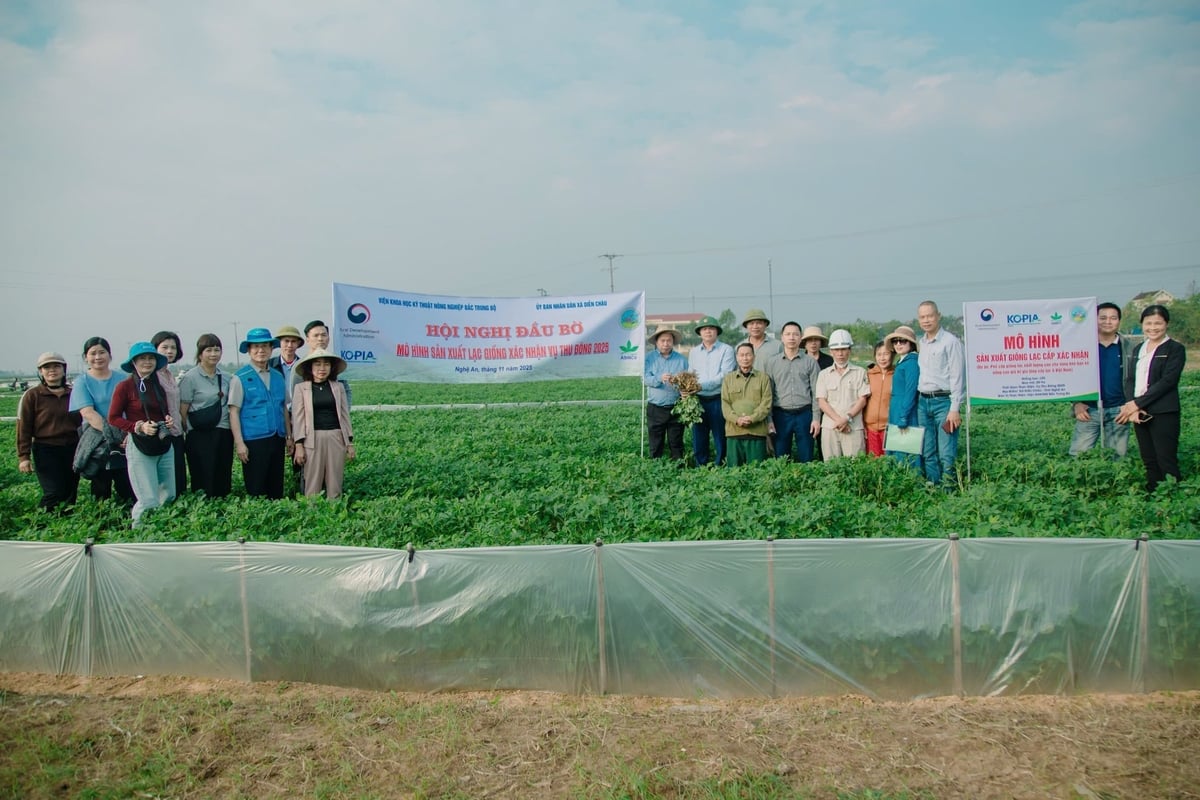
The project's model results show the effectiveness of high-quality peanut varieties as well as a synchronized production process. Photo: Ngoc Linh.
Mr. Cho Myoung Rae, Director of KOPIA Vietnam Center, said that in the near future, KOPIA will continue to coordinate with Da Nang Food College to research and develop many new products from peanuts, contributing to increasing added value and expanding the consumption market for peanuts in the North Central region.
With positive results from the autumn-winter crop model, the project continues to expect to expand the area and apply modern Korean agricultural production techniques in Vietnam, contributing to increasing income and improving people's lives.
Source: https://nongnghiepmoitruong.vn/pho-cap-giong-lac-chat-luong-cao-cho-vung-kho-han-d786504.html










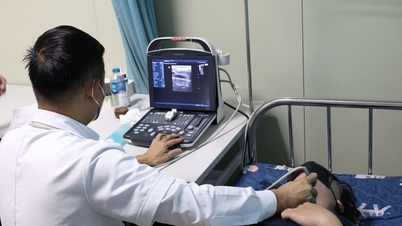


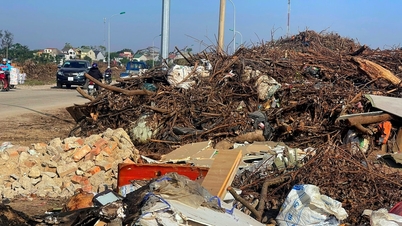
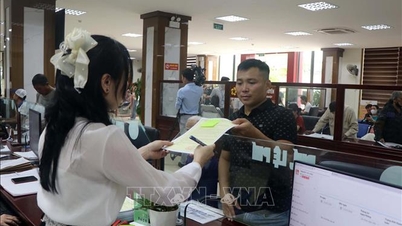
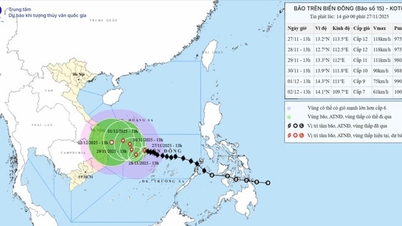
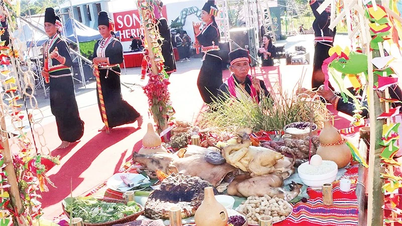

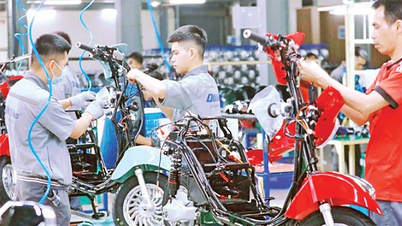
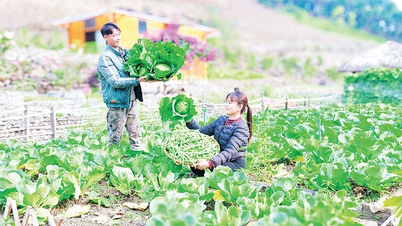
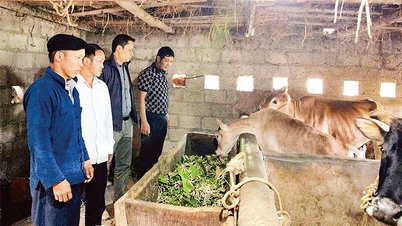
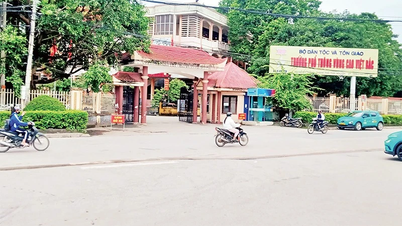
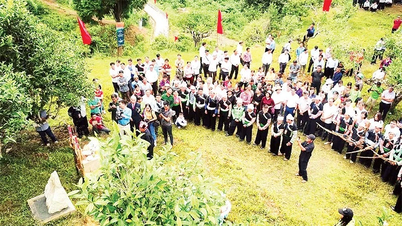





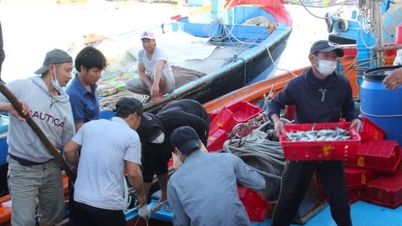
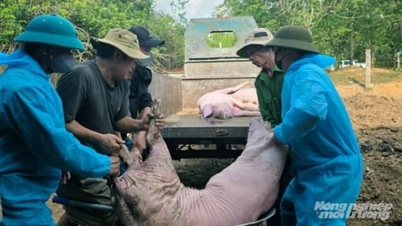
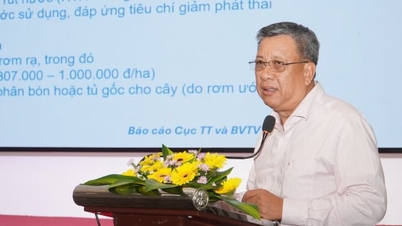
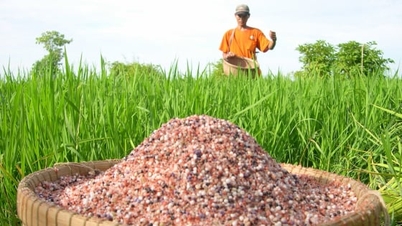
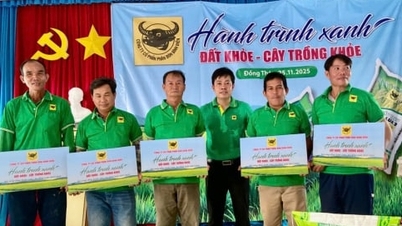



















































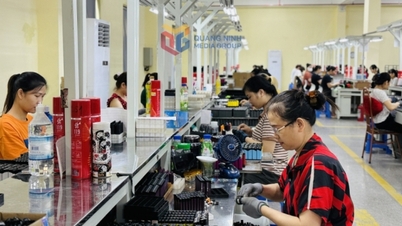



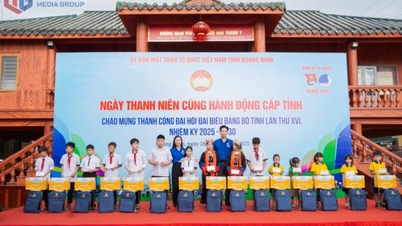
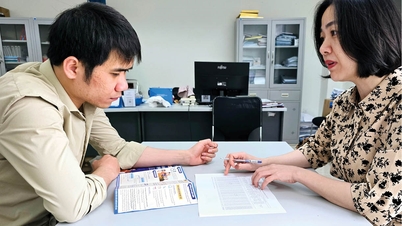

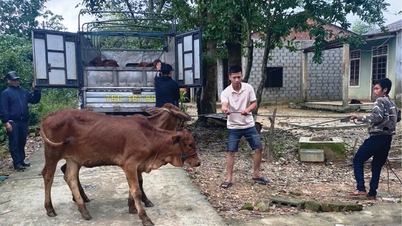













Comment (0)